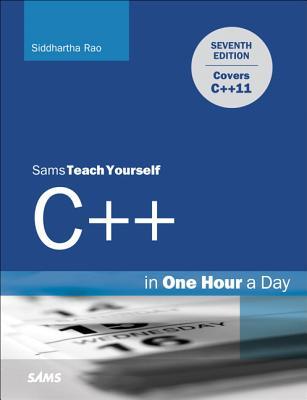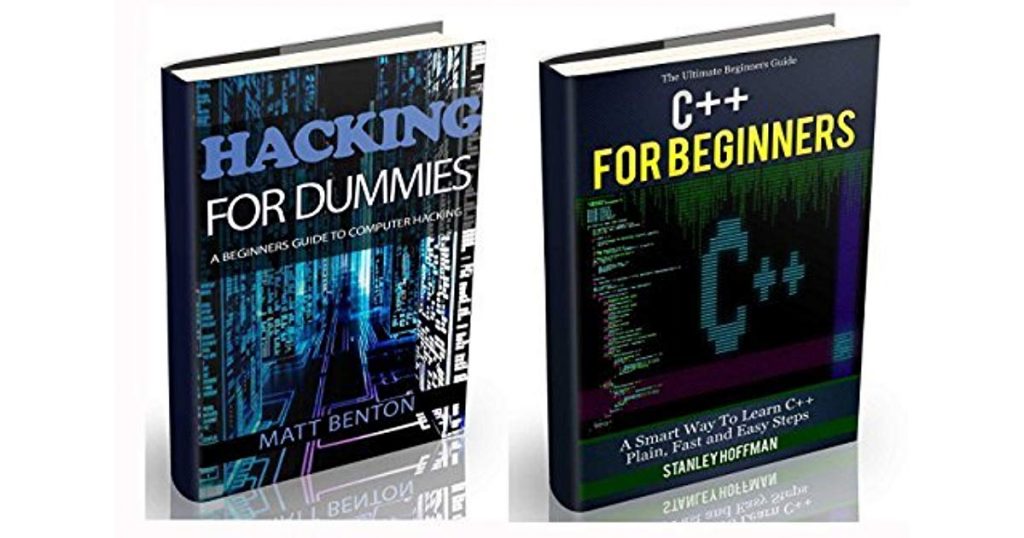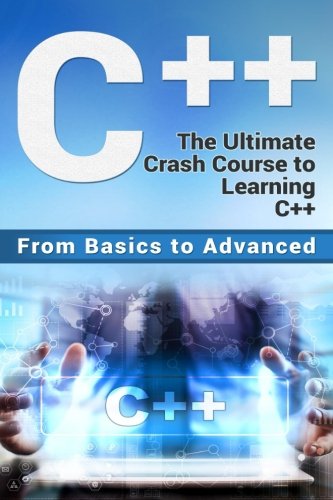Though one of the most user-friendly languages across programming domain, C++ is tough for someone who has just entered the computer domain. There is no book which can help you understand the depth as well as the functionality of C++, one of the most used programming language across the globe. In fact, this language is understood better by practising and regular coding. However to the financial engineers, who have thought of making it big in the field, here are the top 5 books on C++ which you should read, to start knowing to understand this language of computers.
1. Introduction to C++ for Financial Engineers: An Object-Oriented Approach (The Wiley Finance Series)
C++ for financial engineers written by Daniel J. Duffy is the second part of his written book which covers the theoretical concepts of financial modelling as well as quantitative finance. In this book, he tries to cover and make the reader understand the kinds of problem one faces and how to code a solution to those. He starts by explaining the basic concepts of C++ such as inheritance, OOPS and overloading and then dwells onto solving the problem like two-factor option pricer, Monte Carlo method etc.
2. Sams Teach Yourself C++ in One Hour a Day

The book which is likely to release its 10th version this year clearly is the favourite of many IT as well as financial engineering graduates. Written by Siddharth Rao, this book dwells deep into the concept of C++ and starts from the very basic concepts like compilations, translation etc. and then jumps into the concept of functions and then advanced concepts of error handling and memory management.
While the book mentions ‘one hour’ time duration for covering each topic, it is highly recommended for the students to spend considerably more time and not rush through topics.
3) Accelerated C++: Practical Programming by Example
Accelerated C++ is a fast-paced approach to learning C++ and comes with a variety of examples for the people to read and understand. The book since the start dwells into the concepts of strings, vectors and arrays so that a reader’s thought level and understanding increases gradually. The book also covers interesting as well as useful topics such as smart pointers, which often are excluded from other books.
Go for this book if you have little knowledge about coding as well as have taken a few computer practical classes in school.
4) Effective C++: 55 Specific Ways to Improve Your Programs and Designs
This book by, Scott Meyers is considered to be of great help by most of the quant analyst job aspirants. Questions related to C++ are frequently asked from this book and as is evident from its name it contains 55 tips and suggestions with regards to various concepts of C++ which one should learn and master.
The author explains the possible pitfalls or error one might make, along with a two-three page explanation on how not to make it. The content is precise and to the point and hence is great learning for everyone.
5) C++: A Beginner’s Guide

The book as the name suggests is a basic guide for anyone who is willing to kickstart their careers in programming. Similar to Rao’s ‘Sams Teach Yourself C++ in One Hour a Day’, this book also dwells into the concepts of C++, however, explains each topic in far more detailed manner. You can utilise this book written by , Herbert Schildt along with the Rao’s if you want to dwell and understand a topic deeply.











